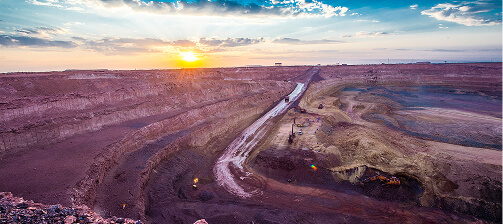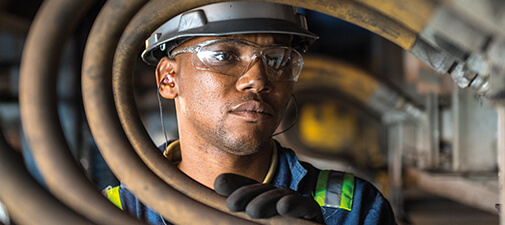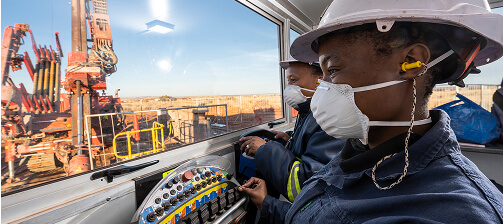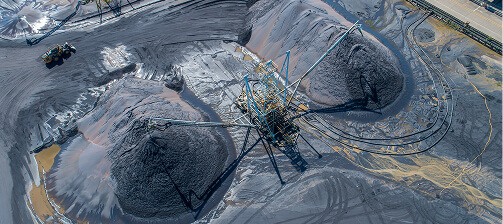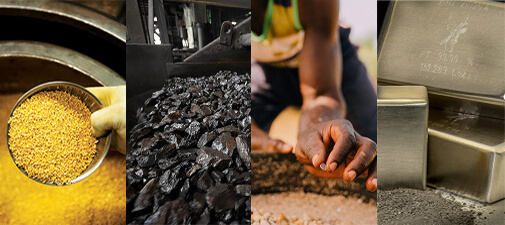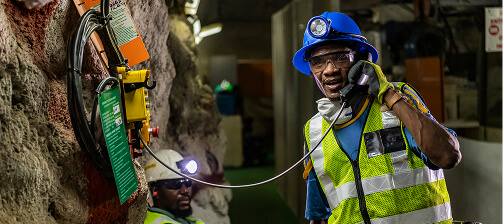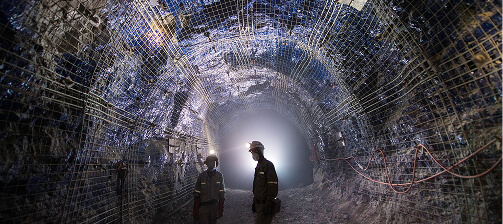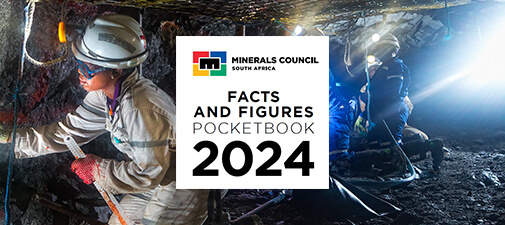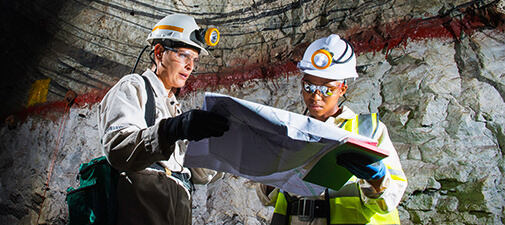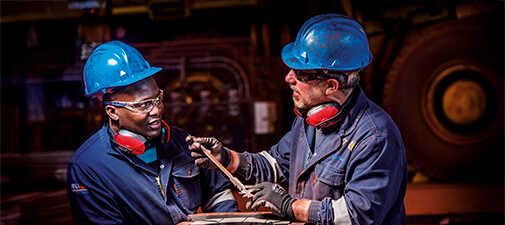Violence triggered by escalating labour unrest at Lonmin’s Marikana mine resulted in the death of 44 people between 12 and 16 August 2012, in what is known today as the Marikana tragedy. Of the 44 people who died, 34 were shot by police on 16 August, the remaining 10 people, including security guards, mineworkers and police officers, were killed between 12 and 14 August. Shortly after the tragedy, former President Jacob Zuma appointed the Farlam Commission of Inquiry to investigate the events at Marikana. The Commission’s findings were released to the public in June 2015. The full report can be accessed at: www.sahrc.org.za/home/21/files/marikana-report-1.pdf
Today, twelve years later, we reflect on this tragedy, and the initiatives put in place to improve stakeholder engagement. With the acquisition of Lonmin in 2019, Sibanye-Stillwater embraced the inherited Marikana legacy and set out to ensure that the change of ownership served as a catalyst for transformation.
The Marikana Renewal process, led by Thabo Makgoba, the Archbishop of Cape Town, was launched in 2020 to address the Marikana legacy, to rebuild trust and to provide the socio-economic redress necessary to secure a long-term future for all stakeholders. This process is guided by the themes of honour, engage and create, and was inspired by a vision to collaborate in creating a positive culture to ensure a fair and equitable future for all.
The Marikana Renewal process seeks not only to address the painful legacy but also to promote healing and collaboration that will secure the long-term future of its stakeholders and the Marikana operation. Sibanye-Stillwater has committed to engaging with stakeholders on a basis of trust and in a manner that promotes socio-economic upliftment and ensures a positive future and legacy.
An annual lecture also launched in 2020, forms part of the commemorative events to honour the lives lost in 2012 and support the ongoing process of healing and reconciliation; foster social cohesion and co-create a better legacy for Marikana.
More information about the Marikana Renewal process can be accessed at: www.renewalprogramme.co.za/
The Minerals Council Membership Compact requires mining to be carried out in a socially responsible manner. This includes ethical business practices, striving for zero harm in respect of health and safety, respect for human rights, good environmental practices and contributing to the social and economic development of mining communities. To this end, the Minerals Council advocates effective and transparent engagement with stakeholders among its members.
As we commemorate the anniversary of the tragic events at Marikana in 2012, we invite all our stakeholders in mining to be mindful of the lives lost and, in support of the families and friends of those affected by this tragedy, to join us in moving forward together as an industry and a country.
![Logo MCSA [logo]](/templates/chamber/images/logo.svg)

